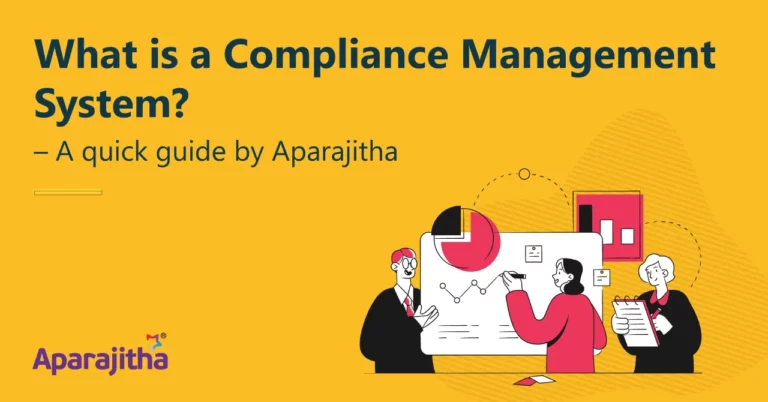Introduction
On 10th September 2018, Central Government issued Notification G.S.R. 853(E) states that with effect from 02nd October 2018, every unlisted public companies needs to issues the securities only in dematerialised form and facilitates dematerialisation in all of its existing securities in accordance to the provisions under the Depositories Act, 1996 and regulations issued thereunder.
Further on 27th October 2023, Central Government issued Notification vide: G.S.R. 802(E) mandating the private companies for the compulsory dematerialisation of their physical shares on or before September 30, 2024. Private Companies (except small companies) have to convert all of their physical shares into dematerialised form as stipulated under Rule 9B of the Companies (Prospectus and Allotment of Securities) Rules, 2014 (“Rule”).
Earlier, only listed companies were required to facilitate dematerialisation for all of its exiting securities and issuing securities in dematerialised form with reference to the Section 29 of the Companies Act, 2013 and with the provisions of the Depositories Act, 1996.
Over the past few years, there are various amendments and changes had been evolved around dematerialisation of shares. Now, let’s see the significant changes related to the conversion, also their impact on compliances and practices.
- Easier and Lower costs for transactions: Physical shares involved lot of paperwork and it may be lost, damaged or stolen. But the recent amendment facilitates instant online transfers and makes the process faster and easier by reducing risks of fraud or loss. Also Physical shares meant for paying stamp duty, courier services and other payments. But in electronical form, the extra costs have been cut off, so that the shareholders can save their money.
- Greater Convenience and Simplified Corporate Actions : Initially, shareholders had to spend time and efforts in managing and tracking the share certificates and their claims like dividends and Stock splits. But after this conversion, shareholders can access and manage their shares electronically anytime and making it convenient to monitor their investments.
Impact Analysis
- Impact on Shareholders
- Shareholders can easily buy, sell and transfer shares online.
- Easier to pledge Demat shares for loans or collateral
- Dividend and bonuses can be directly credited to demat account
- Shareholders can vote electronically, improving fairness and transparency in corporate decision-making
- Impact on Companies
- Easier to track and report shareholder transactions for regulatory purposes.
- Lower costs related to printing, handling and mailing physical share certificates.
- Shareholders can participate in voting or corporate decisions electronically.
- Corporate actions like rights issues or mergers can be automated, reducing the chances of human error.
Frequently Asked Questions
- What is dematerialisation?
Dematerialisation is the process by which physical certificates of an share converted to an equivalent number of securities in electronic form and credited into the beneficiary owners account with his depository participant.
- What is the Timeline prescribed for Conversion?
For private companies, time limit will be within 30th September, 2024 (18 months’ timeline from the closure of financial year 2023).
- Is it applicable for Small Companies?
No. Securities for dematerialisation of small companies are exempted from under the Rule 9B.
- Is it applicable to Producer companies?
No. Producer companies, who were earlier required to complete dematerialisation of their shares by September 30, 2024, have now been given time till end March 2028 (i.e. within a period of 5 years of closure of financial year 2023) vide notification: G.S.R. 583(E) dt. 20.09.2024 to achieve full compliance with the demat provisions.
- Is Government Companies needs to dematerialise their shares?
No. Securities of government companies were not obliged and exempted from Rule 9A and 9B.
- Whether a private company which is subsidiary of a public company would fall under rule 9A or rule 9B of the Rules?
Section 2(71) of the Companies Act, 2013 provides that a company which is a subsidiary of a company, not being a private company, shall be deemed to be public company for the purposes of this Act even where such subsidiary company continues to be a private company in its articles.
So, Private Company which is a subsidiary of a public company is deemed to be a public company and the Rule 9A and 9B must be complied with.
Conclusion
In conclusion, Dematerialisation of shares has significantly transformed the stock market, enhancing efficiency, transparency and security. Investors will benefits from quicker settlements, lower costs and seamless access to their holdings. Looking ahead, the Future of equity lies in further advancements in digital technologies, with dematerialisation serving as a foundational step towards a fully digitalized and more accessible financial ecosystem.







